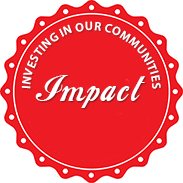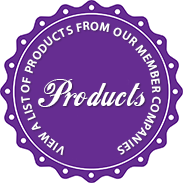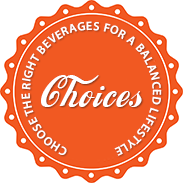Packaging
PUT CONTENT HERE
-
Hits: 618
Photo Archive
2015 ABA Fly-In, Washington, DC
Coca-Cola and Tampa Bay Buccaneers Host Boys & Girls Club
of Tampa Bay for Triple Play Program Experience
One hundred local youth get active and meet current and former Buccaneers.
2015 FBA Day at the Capitol in Tallahassee, Fla.
2014 Photos
-
Hits: 2972
Photo Galleries
Click a thumbnail below for a larger view and more information.
2017 Fly-In
Florida Recycles Day at the Capitol 2017
Miami
2016 Fly-In
Coke UNITED
Trash 2 Trends
Florida Beverage Association sponsored this year’s Trash 2 Trends event with Keep Orlando Beautiful. We’re excited to see all of the ways we can upcycle waste into fashion!
Keep Florida Beautiful
The Florida Beverage Association is proud to support “Keep Florida Beautiful” Day at the Capitol.
-
Hits: 5743
Elizabeth DeWitt
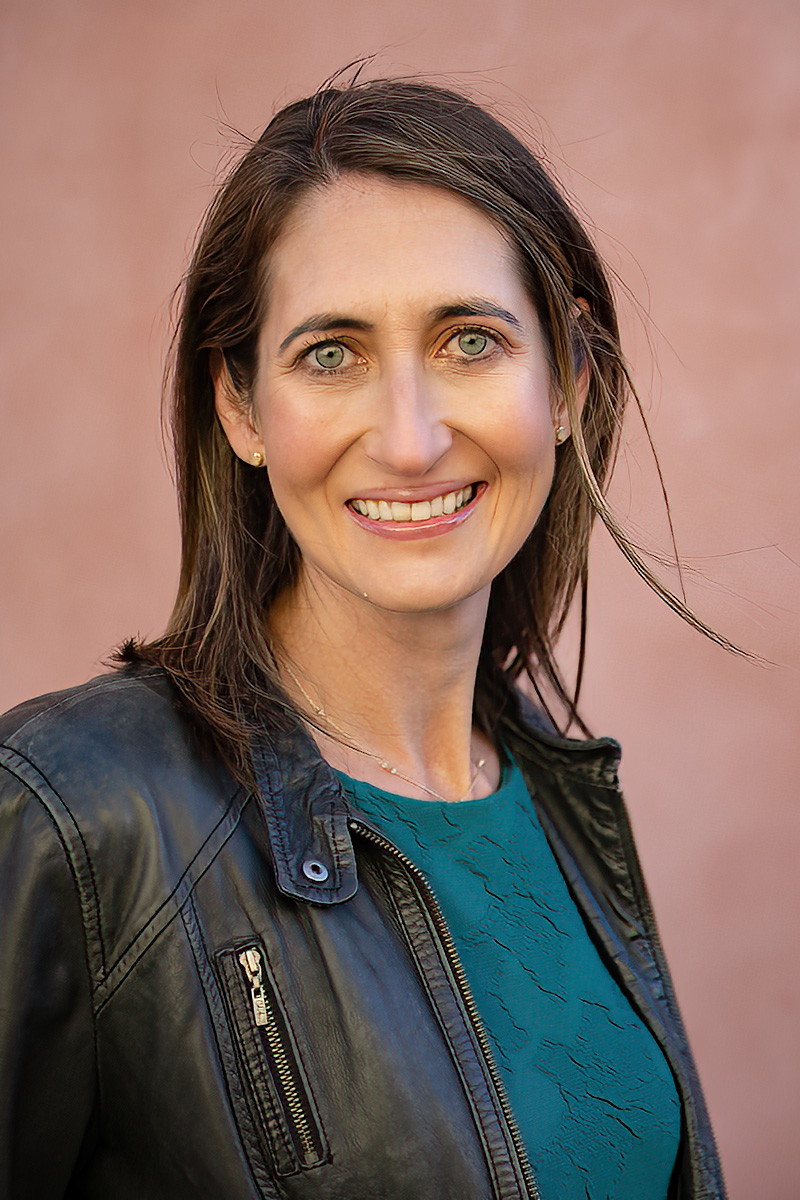 Elizabeth DeWitt is the President and CEO of the Florida Beverage Association where she oversees public policy initiatives and works with local and state governments on issues impacting the Beverage Industry.
Elizabeth DeWitt is the President and CEO of the Florida Beverage Association where she oversees public policy initiatives and works with local and state governments on issues impacting the Beverage Industry.
She previously worked as the manager of State Government Affairs for the world’s third-largest petrochemical company, LyondellBasell, overseeing all legislative and regulatory strategies for the company’s portfolio in the United States. She ensured that business objectives were met through both direct advocacy and liaising with trade associations. In addition, she managed the Political Action Committee (PAC) and all grassroots activities for LyondellBasell.
Elizabeth worked for BP beginning in 2007 as the director of the BP Civic Action Program, where she successfully launched a nationally recognized grassroots program. In 2008, she became the director of BP Civic Affairs, overseeing both grassroots and PAC efforts. In 2010, she served as the public information officer and operational liaison in the Joint Incident Command for MC252 (BP oil spill). In this role, she managed relationships and communications with key stakeholders at the local, county and state levels.
Elizabeth previously served as state aide to US Senator Sam Brownback, finance director for his Senatorial re-election campaign, as well as having served as Florida director of finance in his presidential campaign and as a political consultant for clients throughout the state. In addition, she has served as the campaign manager for a successful Kansas State House race and as the government affairs manager for Sprint Corporation.
She graduated Summa Cum Laude with a Bachelor’s Degree in International Business from Northwest Missouri State University, as well as a Master’s of Business Administration.
Members of the Florida Beverage Association
The Florida Beverage Association is the state trade association of non-alcoholic beverage producers, marketers, bottlers, and distributors. Our companies make and sell some of the most popular non-alcoholic beverages, including regular and diet soft drinks, bottled water and water beverages, 100-percent juice and juice drinks, isotonic drinks, kombuchas, energy drinks and ready-to-drink teas.
Florida Beverage Association Board Members:
- Buffalo Rock Company
- Coca-Cola Beverages Florida
- Coca-Cola Bottling Company UNITED
- Keurig Dr Pepper
- PepsiCo
- Pepsi Refreshment Services
Associate Members:
-
Hits: 24131
Bottled Water: Myths & Facts
MYTH: Bottled water is not as safe as tap water.
FACT: Bottled water and tap water are highly regulated. Bottled water is strictly regulated by the U.S. Food and Drug Administration (FDA), which imposes standards for bottled water that are as stringent and protective of public health as those set by the U.S. Environmental Protection Agency (EPA) for public drinking water systems. In addition to federal regulations, many states also impose their own regulations on the production of bottled water. All bottled water sold in the U.S. must comply with rigorous federal requirements for safety, quality and labeling.
MYTH: Bottled water is in competition with municipal water systems.
FACT: Tap water serves a variety of purposes in the typical U.S. household, including personal hygiene, clothes and dishwashing, cooking, cleaning, irrigation and drinking. Bottled water is simply another option for consumers depending on their own needs and preference.
Water is the primary ingredient in many of the beverage industry’s products and, therefore, a strong municipal water system is very important to us. Just like homeowners, we are customers of the municipal water supply, and we support its strength and viability. We wouldn’t be able to make our many different beverage products without a strong, viable local water supply.
MYTH: Most plastic water bottles end up in the waste stream.
FACT: The beverage industry’s containers are among the most recycled consumer product packaging in the nation, and are accepted in virtually all curbside and drop-off recycling programs. In fact. bottled water containers account for less than one-third of 1 percent of all waste produced in the United States. Furthermore, water, like many other food and beverage products, is packaged in polyethyl terephthalate (PET) plastic, which is one of the most recycled plastic resins worldwide.
The beverage industry agrees, however, that more needs to be done to educate consumers about the importance of recycling. For more information on our commitment to recycling, visit our recycling minisite.
MYTH: The beverage industry uses an inordinate amount of water to make its products.
FACT: While water is a key ingredient in all of our products, the beverage industry actually uses a minimal amount of water compared to other industries. In fact, we account for only 3/100th of 1 percent of all public water usage, or about 1 gallon out of every 3,300 gallons withdrawn from ground or surface water sources.
MYTH: Bottled water costs thousands of times more than tap water.
FACT: Water is not free – ever public, government-supported water supplies come at a price to consumers who use these resources. Furthermore, bottled water companies do not simply “bottle” tap or spring water. Rather, they incur significant production and operational costs to bring bottled water to market in a safe, government-approved manner. For example, purified water is created through highly sophisticated purification systems, such as distillation, deionization and reverse osmosis, all of which are designed to remove impurities and enhance the taste and flavor profile. Likewise, a significant investment is made in developing, maintaining and testing spring water sources to ensure the integrity of bottled water.
-
Hits: 5683
Packaging
Beverages come in a variety of shapes and sizes to meet a variety of consumer needs. We think that’s a good thing.
 The beverage industry provides choices through a variety of convenient packaging options that consumers enjoy, but packaging is more than just an attractive bottle or can. It protects the integrity of the product, ensures safety and long shelf life and provides information to consumers.
The beverage industry provides choices through a variety of convenient packaging options that consumers enjoy, but packaging is more than just an attractive bottle or can. It protects the integrity of the product, ensures safety and long shelf life and provides information to consumers.
The beverage industry understands the importance of producing packaging materials in the most efficient way possible. That means using less packaging wherever possible, using recycled materials in our packages and using materials that can be recycled by consumers. We employ these same principles for not only our bottles and cans, but also for the packaging we use to protect, transport and display our beverages.
The Environmental Pledge
American Beverage Association members support five packaging principles consistent with our commitment to environmental stewardship:
- Use recyclable or reusable packaging whenever feasible
- Design packaging for recyclability
- Design packaging that requires less material to conserve natural resources
- Explore ways to incorporate recycled materials into packaging and other products
- Label packaging in a manner that helps educate consumers on proper waste management
Fulfilling the Pledge
The beverage industry is constantly innovating and improving its packaging to maintain its effectiveness, while reducing its overall environmental footprint. To that end, our work on light-weighting containers has paid off. For our carbonated beverage bottles and cans, for example, the industry used 46 percent less packaging in 2006 than in 1990 – despite the fact that sales of these beverages increased by 24 percent in that same time frame.
We want to continue this kind of dramatic progress in packaging design, while preserving the features of safety and recyclability. Today, beverage bottles and cans are not only widely recognized as recyclable, but are among the most recycled consumer product packages.
The beverage industry actively supports the U.S. Environmental Protection Agency’s goals for increasing recycling and reducing waste in the United States. Ultimately, these goals should be realistic and achievable, but should also challenge business, consumers and government to be proactive in their recycling efforts.
-
Hits: 5072
Products We Make
-
Hits: 20035
Sip & Savor
MODULE NEWS FEED
-
Hits: 947
American Beverage Notes
-
Hits: 3595
Florida Beverage Assoc. News
-
Hits: 1691
Designing 100% Recyclable Plastic Bottles
Our plastic bottles are made to be remade, not to end up in waterways and landfills. Learn how we’re helping reduce the use of new plastic.

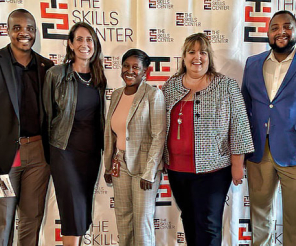
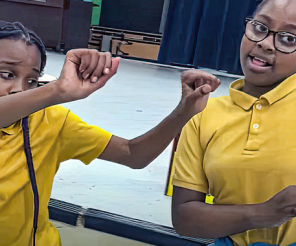
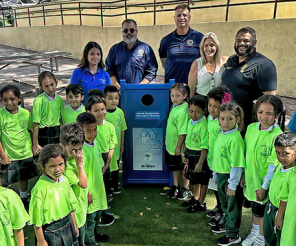
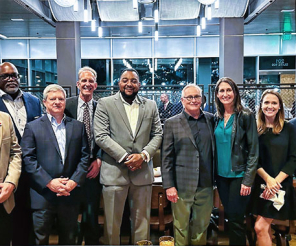
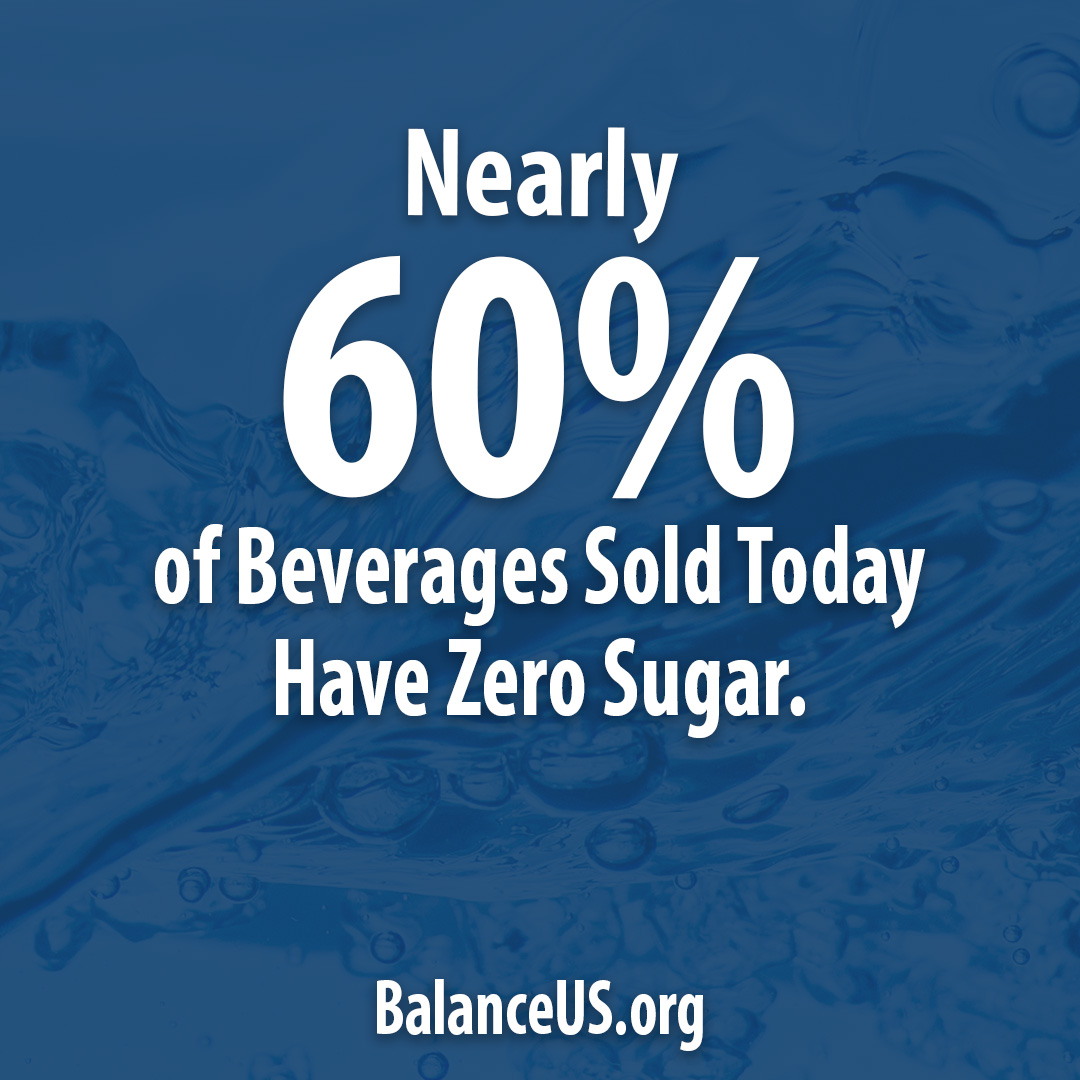
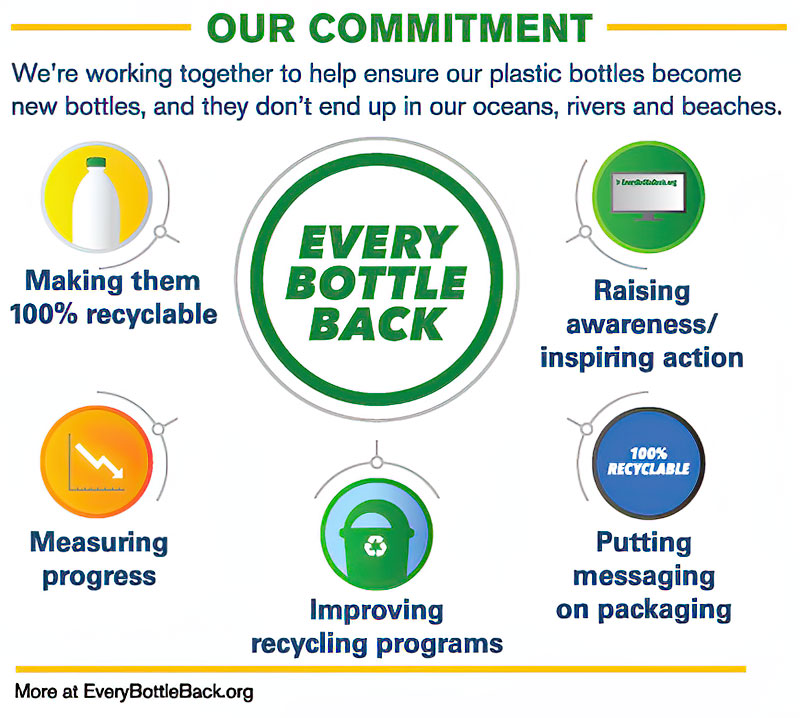

-8f735cfe6c.jpg)

-2273ab4c08.jpg)







-5c07a486d5.jpg)

-6777d48769.jpg)
-8f9211e01b.jpg)












































